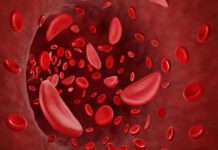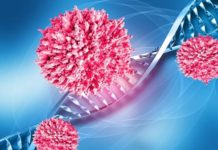Birkbeck and Southampton researchers pioneer new technology for pharmaceutical drug developmen for testing drugs will simplify the process and drive new research for the treatment of diseases such as chronic pain, epilepsy, and certain types of heart disease. Scientists have been awarded £1.2 million from the Engineering and Physical Sciences Research Council to develop a new technology (The Bilayer Platform) that uses artificial bilayer lipid membranes to evaluate the effectiveness and potential utility of new drugs which target ion channels.
Ion channels play a pivotal role in a wide variety of physiological processes and diseases (including chronic pain, epilepsy and heart disease) and are consequently of considerable interest to the pharmaceutical industry. Currently, pharmaceutical companies use electrodes to test entire cells, which can be expensive and involves testing a complex mixture of many channels on a cell-by-cell basis.
About 60 per cent of drugs work on membrane proteins (of which ion channels are a subclass) and the effectiveness of a drug is gauged by measuring activity in the ion channel as a result of administering the drug. The ultimate aim of such studies is to identify highly effective drugs that can be targeted to specific tissues, hence limiting side effects.
Professor Bonnie Ann Wallace of Birkbeck, an internationally-recognised leader in ion channel research, will work with Professor Hywel Morgan and Dr Maurits de Planque of the University of Southampton’s School of Electronics and Computer Science, who will build the novel platform for parallel on-chip electrophysiology to test the samples. It will use artificial membranes that will have the advantage of containing only a single type of channel, will not use living cells, and will be a relatively inexpensive method for testing several of these types of channels at once.
The project, which will take just over three years, will benefit public and private sector industries, as well as driving new research for the treatment of diseases such as chronic pain, epilepsy, and certain types of heart disease. The new technology platform and the biological results will have many applications for drug discovery and testing long after the research period ends.


























